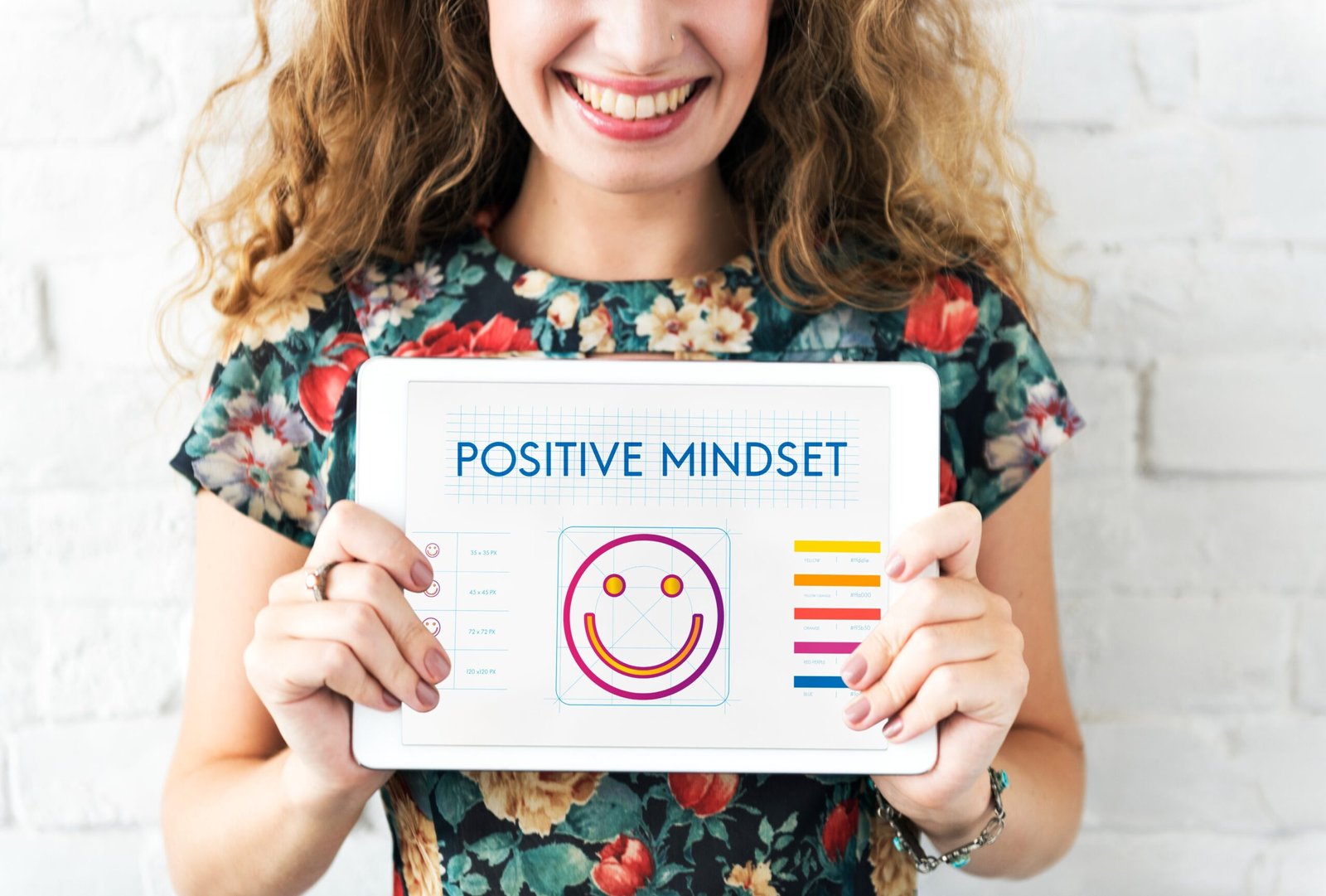Neuro-Linguistic Programming (NLP) is a powerful framework for personal development and communication. Whether you’re a coach, therapist, or someone looking to enhance personal growth, becoming an NLP Practitioner can have a profound impact on both your professional and personal life. In this article, we will answer the question, “What is an NLP Practitioner?” and explore how you can unlock the power of NLP through certification and training.
As we dive deep into the world of NLP, you will gain an understanding of its principles, techniques, and how becoming a certified NLP Practitioner can transform the way you approach life, relationships, and business.
What is NLP (Neuro-Linguistic Programming)?
 Before we discuss what an NLP Practitioner is, it’s essential to understand what NLP itself is. Neuro-Linguistic Programming is a psychological approach that involves understanding and changing human behavior patterns. It is built on the idea that there is a connection between neurological processes, language, and behavioral patterns learned through experience. By identifying and altering these patterns, NLP helps individuals to achieve desired outcomes, break unwanted habits, and enhance communication.
Before we discuss what an NLP Practitioner is, it’s essential to understand what NLP itself is. Neuro-Linguistic Programming is a psychological approach that involves understanding and changing human behavior patterns. It is built on the idea that there is a connection between neurological processes, language, and behavioral patterns learned through experience. By identifying and altering these patterns, NLP helps individuals to achieve desired outcomes, break unwanted habits, and enhance communication.
In simple terms, NLP is about how we think (neuro), how we communicate (linguistic), and how these influence our behaviors (programming). Through this lens, NLP provides individuals with the tools to improve how they interact with others and themselves.
What Does an NLP Practitioner Do?
An NLP Practitioner is a trained professional who applies the principles and techniques of NLP to help individuals overcome challenges, set and achieve goals, and improve their overall well-being. This role typically involves using NLP methods in coaching, therapy, business, or even everyday life.
Some of the key functions of an NLP Practitioner include:
-
Enhancing Communication: Helping people express themselves clearly and understand others better.
-
Behavioral Change: Assisting clients in breaking old habits and adopting new, positive ones.
-
Goal Setting and Achievement: Guiding individuals in setting clear, actionable goals and providing strategies for achieving them.
-
Emotional Control: Teaching clients how to manage their emotions and reactions to challenging situations.
-
Conflict Resolution: Helping clients resolve conflicts in a constructive manner using effective communication techniques.
Key Responsibilities of an NLP Practitioner
-
Client Coaching: Helping individuals unlock their potential, set personal goals, and work through emotional or mental barriers.
-
Therapeutic Practices: Applying NLP techniques to address anxiety, depression, phobias, and other psychological issues.
-
Business Training: Coaching business leaders and teams to enhance productivity, improve communication, and boost performance.
-
Personal Development: Assisting individuals in self-improvement, achieving greater self-awareness, and boosting self-esteem.
The Path to Becoming a Certified NLP Practitioner
To become a Certified NLP Practitioner, you must undergo formal NLP training from a reputable institution. The training usually consists of both theoretical and practical components, where students learn the foundations of NLP, as well as how to apply the techniques in real-life situations.
Steps to Certification
-
Research and Choose a Program: Look for a reputable school offering NLP Practitioner Certification. Choose one that aligns with your goals, whether that’s personal growth, coaching, or therapy. You can start by exploring School of Positive Transformation’s NLP Practitioner Certification for a comprehensive and professional training experience.
-
Complete Training Modules: These modules cover essential NLP concepts such as anchoring, reframing, sensory acuity, and language patterns.
-
Practical Application: During the course, you will practice NLP techniques with fellow students and instructors to ensure that you can apply them effectively in real-life situations.
-
Pass the Exam: After completing the training, you may need to pass an exam or demonstrate your proficiency in NLP techniques.
-
Certification: Once you have completed the required training and assessments, you will receive your NLP Practitioner Certification, which qualifies you to apply NLP methods professionally.
Key Benefits of Becoming an NLP Practitioner
1. Improve Communication Skills
One of the most significant benefits of NLP training is the enhancement of communication skills. As an NLP Practitioner, you’ll learn how to better understand non-verbal cues, build rapport quickly, and influence others positively. This is invaluable in both personal relationships and professional settings.
2. Empower Personal Development
NLP equips you with tools that can radically change how you view the world and interact with it. Whether it’s overcoming limiting beliefs, breaking negative thought patterns, or achieving a long-term goal, NLP provides a structured way to address and solve personal challenges.
3. Boost Professional Skills
As an NLP Practitioner, you gain valuable skills that are highly sought after in coaching, therapy, and even business management. From improved leadership skills to effective team communication and conflict resolution, NLP helps professionals excel in their fields.
4. Work with Diverse Clients
As an NLP Practitioner, you can work with a wide variety of individuals, each with unique challenges and goals. Whether it’s helping someone break a bad habit, navigate stress, or improve their business, the ability to address such diverse issues makes this profession dynamic and fulfilling.
5. Expand Your Career Opportunities
The demand for personal development coaches and professional NLP Practitioners is growing. With the NLP Practitioner Certification, you open doors to a career that offers flexibility and growth, whether you’re starting your own practice or working within an established organization.
6. Achieve Personal Transformation
The NLP tools you learn during certification don’t just apply to clients—they work for you too. By practicing NLP techniques, you will experience transformation in your own life. This makes you not only a more effective practitioner but also someone who embodies the positive changes you help others achieve.
NLP Techniques and Methods You’ll Learn
During your training as an NLP Practitioner, you will be introduced to several methods that can dramatically enhance your effectiveness. Here are a few core techniques:
-
Anchoring: This technique involves associating a physical touch, gesture, or word with a desired emotional state, helping individuals access that positive state at will.
-
Reframing: By changing how you perceive a situation, reframing allows you to transform negative experiences into positive opportunities for growth.
-
Swish Patterns: This technique is used to replace unwanted habits with positive behaviors by visualizing a “swish” between the old and new behaviors.
-
Meta-Modeling: This is a questioning technique that helps uncover hidden meanings and assumptions in the way people communicate, helping them clarify their goals and challenges.
-
Milton Model: A set of language patterns that facilitate relaxation and hypnosis, which can be used for therapeutic or coaching purposes.
How NLP Can Transform Your Coaching Practice
If you’re a Personal Development Coach, NLP can significantly enhance your ability to help clients. NLP techniques allow you to identify and reprogram negative beliefs, behaviors, and thought patterns that hold clients back from achieving their goals. By learning to apply these tools, you can guide your clients through breakthroughs and empower them to live fuller, more successful lives.
Conclusion: Take the First Step Towards Becoming an NLP Practitioner
Becoming a Certified NLP Practitioner is more than just acquiring a set of skills—it’s about transforming your life and the lives of others. Whether you want to become a coach, therapist, or simply improve your personal development, NLP offers powerful tools that can make a real difference.
At School of Positive Transformation, we offer a comprehensive NLP Practitioner Certification program that equips you with the knowledge and skills to thrive in this field. Ready to take the next step? Contact us today to learn more about how our training can help you unlock your full potential as an NLP Practitioner.
Checklist for Becoming an NLP Practitioner:
-
Choose a reputable NLP certification program.
-
Complete the required training and practice modules.
-
Pass the certification exam.
-
Apply NLP techniques in your personal and professional life.
-
Help others achieve personal growth through NLP coaching.
For more details on NLP Practitioner Certification, explore the School of Positive Transformation.






